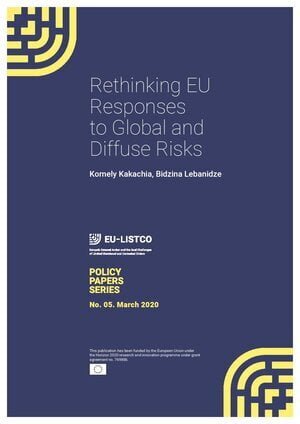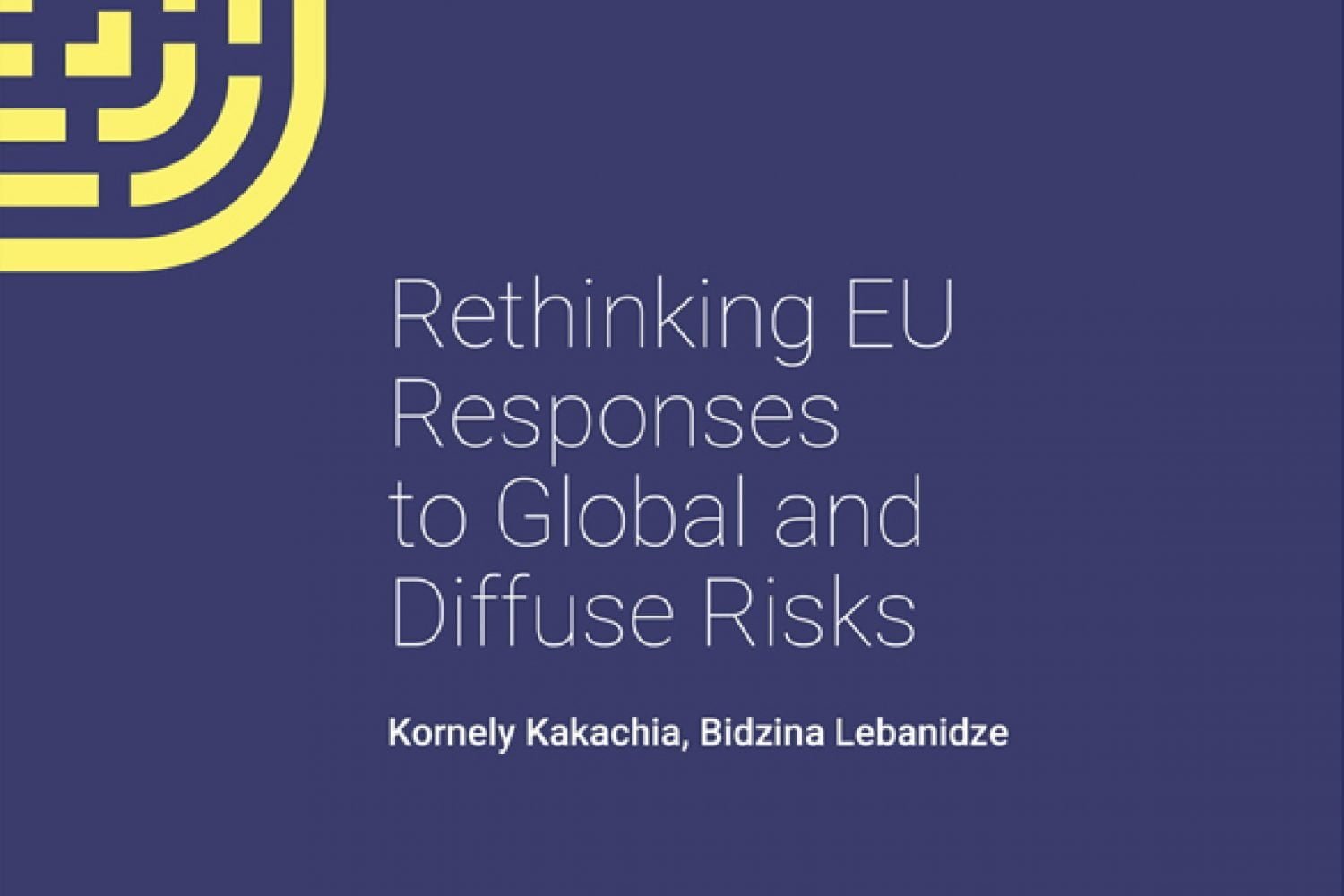Author
2020-03-10 06:44:16
Originally published by EU-LISTCO

This policy paper focuses on impacts of global and diffuse risks on the EU and its neighbourhood regions. It provides a brief overview of six major risk categories that cover majority of global and diffuse risks and suggests their prioritization based on temporality, probability of occurrence and multiplication effect. The empirical evidence dictates that, in order to better cope with the impacts of global and diffuse risks and strengthen the resilience of its neighbourhood countries and with extension – of itself, the EU needs to prioritize the global risks which not only endanger the EU and its surroundings in the long term (climate change) but can also act as major spoilers in the short term (irregular migration & geopolitical rivalries). Finally, the EU should also pay attention to multiple effects of global risks and devise strategies based on regional and country-specific differentiation.



